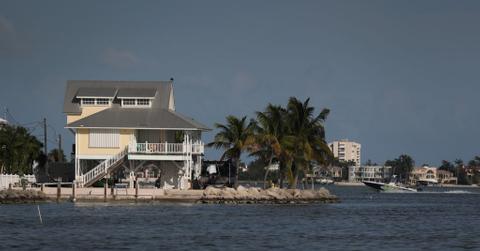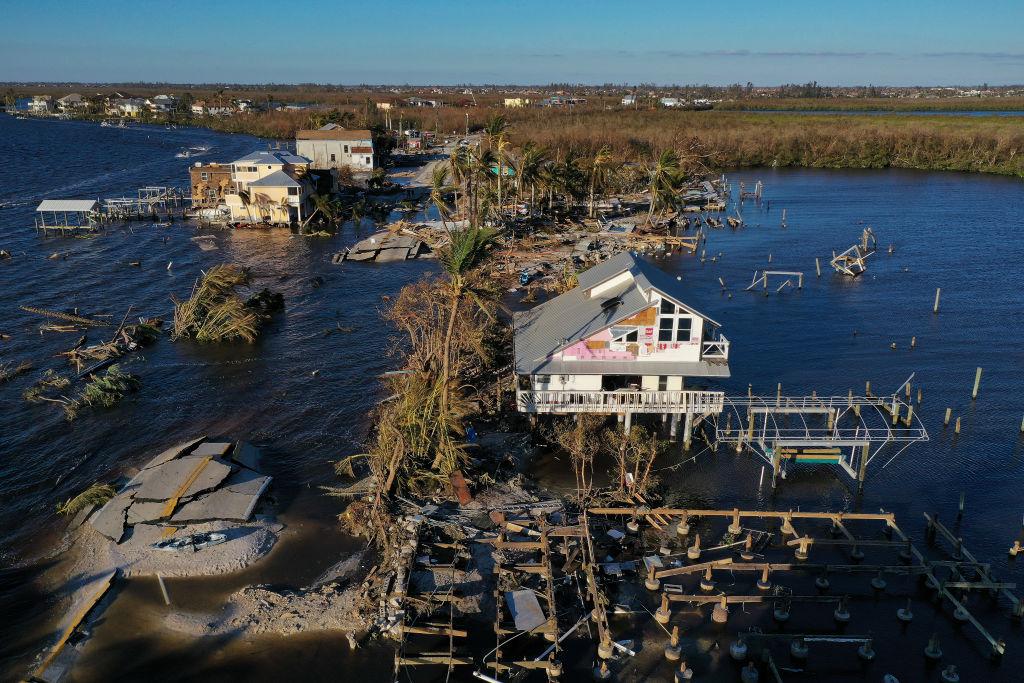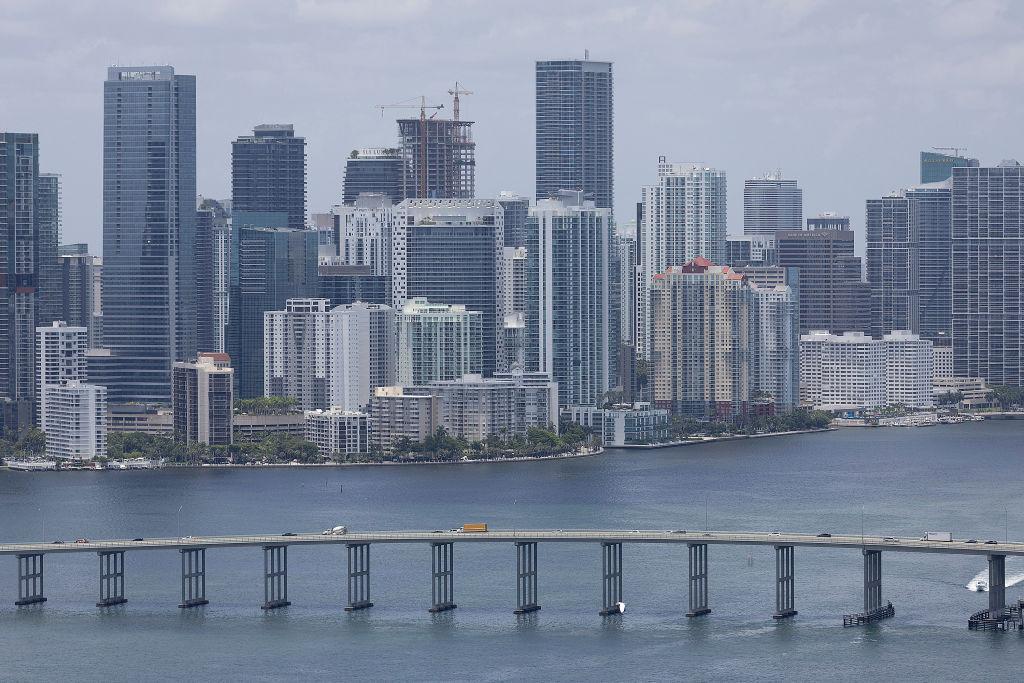When Will Florida Be Underwater? For Some Areas, It’s Sooner Rather Than Later
Published Jan. 27 2023, 1:15 p.m. ET

It’s likely that you’ve heard about rising sea levels and how Florida is going to be underwater any day now. You might be wondering: Is this true? And if it is, when exactly will Florida be underwater?
Well, it’s possible that your favorite vacation spot could be underwater sooner rather than later, depending on where it is. The impacts of rising sea levels are significant and coastal cities will likely be the first to face serious issues.
READ NEXT: How Corporate Greenwashing Is Holding Earth Day Back
Florida is expected to be heavily impacted by rising sea levels.

More specifically, the impacts will be felt most strongly in South Florida. Scientists expect the lower third of the state to be underwater by 2100, according to The Guardian.
There are a lot of different scenarios and estimations when it comes to rising sea levels, and some are severe. “In some scenarios, sea levels will rise up to 31in (79cm) by 2060,” The Guardian reported.
Not only are sea levels rising, but they are rising faster than they have in the past. According to scientists, it took 31 years for levels to rise 6 inches, but will only take 15 years for the next 6 inches.
CBS Miami reported on a study that shared the top cities and areas that could be underwater soon. Out of the 10 listed, four are in Florida: Miami Beach, Key West, the Upper Keys, and the Lower Keys.
But how soon will these areas be impacted? Well, according to the Miami Herald, many of the main roads in the Florida Keys could be underwater as soon as 2025. With the high possibility that the serious impacts of rising sea levels could be felt so soon, finding a way to adapt is crucial.
Here's what we can do about it:

According to The Guardian, we can’t stop sea level rise at this point, but we can still limit the damage and slow it down. The main goal of the Paris Agreement is to keep the global temperature from rising — if we can accomplish this, it could lessen the negative impacts of rising sea levels.
Aside from decreasing emissions, our next step is to adapt to changing conditions. Unfortunately, at this point, being prepared is one of the best — and only — things we can do.
There are a lot of different strategies when it comes to adapting to rising sea levels, according to the Natural Resources Defense Council (NRDC). They aren’t all perfect, but it’s a start.
One thing we can do is avoid buying homes and businesses in vulnerable areas. Infrastructure in low-lying coastal areas will most likely face serious flooding issues now and in the future — it’s best to prevent the situation in any way possible.
The NRDC also suggested helping people relocate. Helping people move homes is easier said than done, which is why making flood insurance more affordable is important.
The government needs to invest in climate resilience — this issue isn’t going away, and it needs to be included in decision-making. Implementing policies and planning future infrastructure projects with the climate in mind is essential, according to the NRDC.
These strategies aren’t all-encompassing or flawless, but waiting to be in the midst of the problem is a much worse idea. Climate adaptation is necessary, and we need to start taking steps in the right direction.